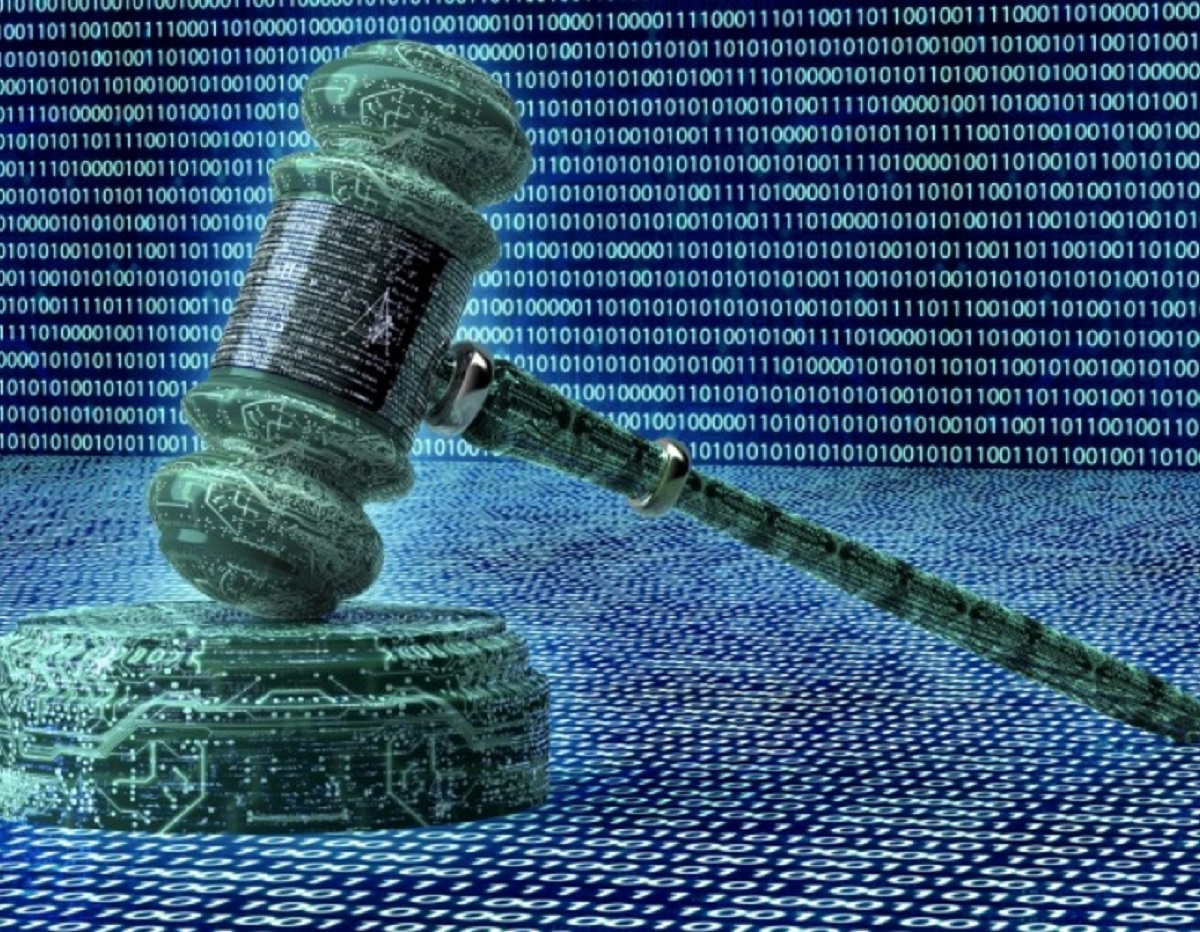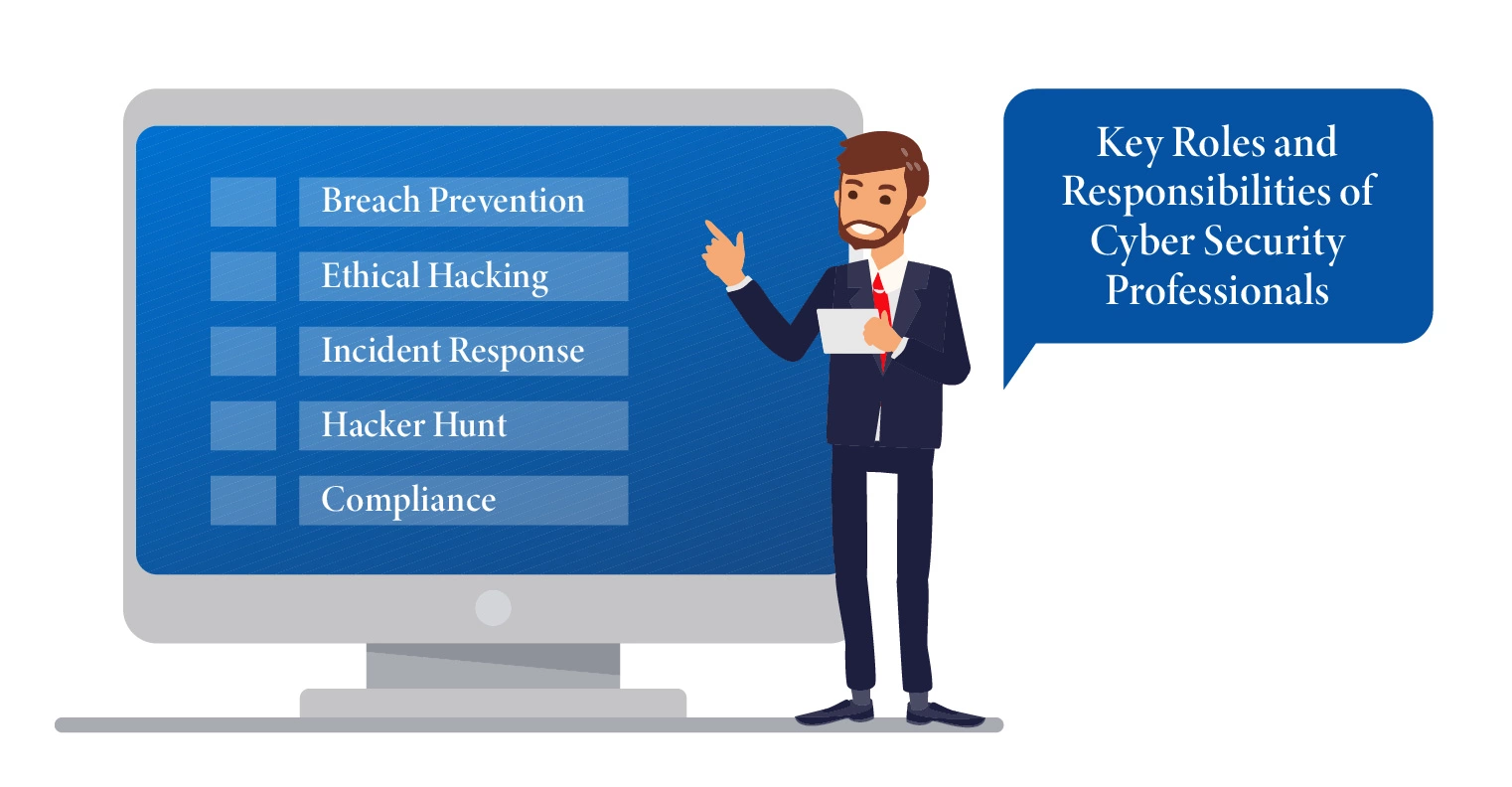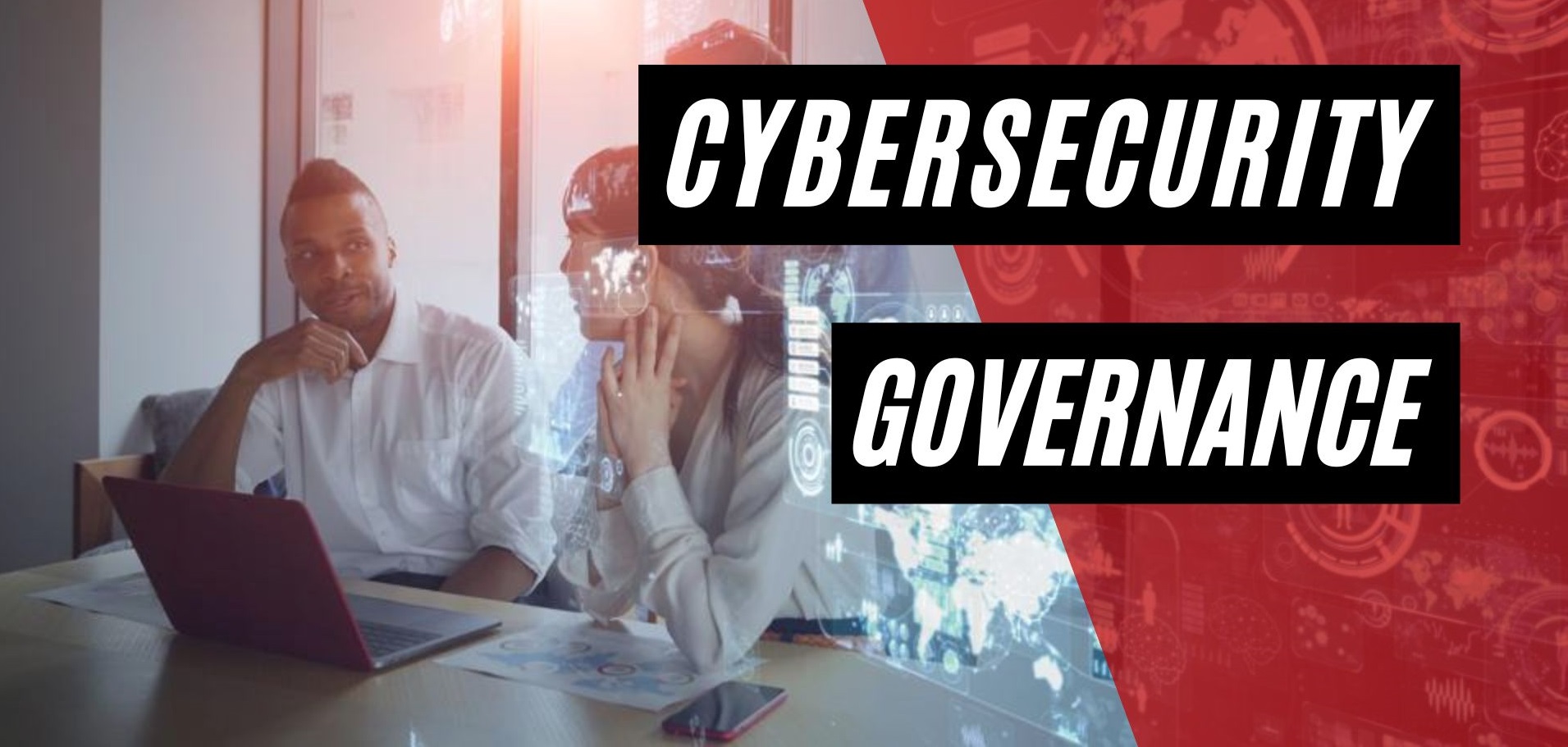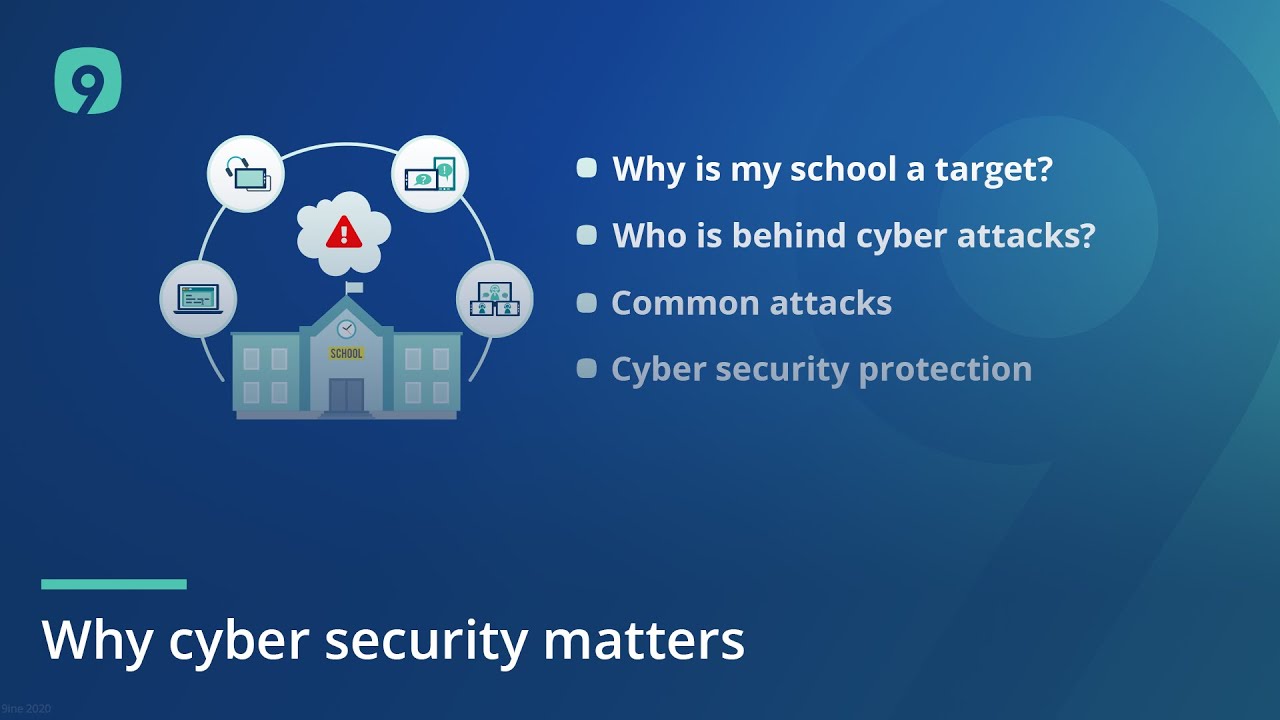Introduction
As the world becomes increasingly interconnected, the importance of cybersecurity has never been greater. With the rapid advancements in technology and the exponential growth of the internet, businesses and governments are faced with the ever-present threat of cyber attacks and data breaches. In response to this growing concern, there are numerous laws and regulations in place to protect sensitive information and safeguard digital infrastructure.
Data breaches and cyber attacks can have severe consequences, not only for individuals whose personal information is compromised but also for organizations facing financial losses and reputational damage. The purpose of cybersecurity laws and regulations is to establish guidelines and standards to ensure the confidentiality, integrity, and availability of data, and to prevent unauthorized access, disruption, or misuse of digital systems.
These laws vary from country to country, and in some cases, even within different jurisdictions within a country. They cover a wide range of areas, including data protection, cybersecurity standards and frameworks, international agreements, incident reporting, privacy, consumer protection, intellectual property, and criminal penalties. Understanding these laws and complying with them is essential for businesses, government agencies, and individuals to protect themselves against cyber threats.
This article provides an overview of the various laws and regulations that involve cybersecurity. By understanding these regulations, organizations and individuals can better navigate the complex landscape of cybersecurity, ensure compliance, and mitigate the risks associated with cyber attacks.
Data Protection Laws
Data protection laws are designed to protect the privacy and confidentiality of personal data. They establish rules and guidelines for the collection, storage, processing, and sharing of personal information by organizations. These laws aim to ensure that individuals have control over their data and that organizations handle it responsibly and securely.
One of the most well-known data protection laws is the General Data Protection Regulation (GDPR), which was implemented in the European Union in 2018. The GDPR strengthens data protection rights for individuals and introduces strict requirements for businesses that handle personal data. It mandates that organizations obtain explicit consent for data collection, allow individuals to access and control their data, and implement appropriate security measures to protect personal information.
Other countries and regions have also implemented their own data protection laws. For example, in the United States, the California Consumer Privacy Act (CCPA) grants individuals the right to know what personal information is being collected about them and the right to request the deletion of their data. In Canada, the Personal Information Protection and Electronic Documents Act (PIPEDA) governs the collection, use, and disclosure of personal information by private-sector organizations.
Data protection laws also often require organizations to notify individuals in the event of a data breach. This is intended to enable individuals to take necessary precautions to protect themselves from potential harm resulting from the breach. Failure to comply with data protection laws can result in severe penalties, including fines and reputational damage.
It is important for organizations to understand and comply with data protection laws to ensure the privacy and security of personal data. This includes implementing robust security measures, obtaining informed consent from individuals, and providing clear and transparent information on how personal information is collected, used, and stored. By adhering to these laws, organizations not only protect individuals’ rights but also build trust and maintain a positive reputation.
Cybersecurity Standards and Frameworks
Cybersecurity standards and frameworks provide guidelines and best practices for organizations to establish effective cybersecurity measures. These standards outline the necessary steps and controls that organizations need to implement to protect their information systems and sensitive data from cyber threats.
The International Organization for Standardization (ISO) is one of the leading providers of cybersecurity standards. ISO/IEC 27001 is a widely adopted standard that provides a framework for establishing, implementing, maintaining, and continually improving an information security management system (ISMS). It helps organizations identify and assess risks, implement appropriate controls, and monitor and review their security practices.
In the United States, the National Institute of Standards and Technology (NIST) provides a comprehensive cybersecurity framework known as the NIST Cybersecurity Framework (CSF). This framework provides a structured approach to manage and reduce cybersecurity risks. It consists of five core functions: identify, protect, detect, respond, and recover, which help organizations align their cybersecurity efforts with business objectives.
Other frameworks, such as the Payment Card Industry Data Security Standard (PCI DSS) and the Cloud Security Alliance (CSA) Security Guidance, provide industry-specific security standards and recommendations. These frameworks address the unique challenges and requirements of sectors such as financial services and cloud computing.
Cybersecurity standards and frameworks not only help organizations improve their security posture but also provide a common language and set of expectations for cybersecurity practices. They promote consistency and interoperability across industries and facilitate information sharing and collaboration among organizations.
Implementing cybersecurity standards and frameworks involves conducting risk assessments, developing security policies and procedures, establishing incident response plans, and regularly monitoring and testing security controls. By adhering to these standards, organizations can enhance their resilience to cyber attacks and protect their critical assets and data.
It is important for organizations to keep abreast of evolving cybersecurity standards and frameworks as the threat landscape and technologies evolve. By staying informed and adopting best practices, organizations can adapt their security measures to mitigate emerging risks and ensure the ongoing protection of their information systems and valuable data.
International Laws and Treaties
Cybersecurity is a global issue that requires collaboration and cooperation among nations. To address the transnational nature of cybercrime and establish mutual guidelines, various international laws and treaties have been enacted.
One of the most significant international agreements is the Budapest Convention on Cybercrime, also known as the Convention on Cybercrime of the Council of Europe. The convention provides a framework for international cooperation in combating cybercrime, including offenses such as hacking, identity theft, fraud, and child pornography. It facilitates the exchange of information and evidence, as well as the establishment of joint investigative teams between participating countries.
The United Nations has also played a role in addressing cybersecurity challenges through the United Nations General Assembly’s adoption of a number of resolutions related to cybersecurity. These resolutions emphasize the importance of international cooperation, the promotion of capacity-building efforts, and the protection of human rights in cyberspace.
Additionally, some trade agreements and regional organizations have incorporated provisions related to cybersecurity. For example, the Trans-Pacific Partnership (TPP) Agreement, which includes several Pacific Rim countries, includes provisions aimed at promoting electronic commerce while addressing concerns related to cybersecurity and data protection.
It is worth noting that while international laws and treaties serve as important frameworks for cooperation, enforcement can be challenging due to the jurisdictional complexities involved in prosecuting cybercriminals across borders. However, these agreements establish important principles and guidelines for countries to work together in addressing cyber threats and fostering a safer digital environment.
To effectively combat cyber threats, countries need to cooperate in information sharing, law enforcement assistance, extradition procedures, and capacity-building initiatives. Through international cooperation, countries can enhance their abilities to investigate, detect, and prevent cybercrimes, as well as improve incident response and information-sharing mechanisms.
By participating in international laws and treaties, countries demonstrate their commitment to addressing global cybersecurity challenges and reinforce the shared responsibility in protecting critical infrastructure, data, and individuals from cyber threats.
Industry-Specific Regulations
Cybersecurity regulations are not one-size-fits-all. Many industries have specific regulations tailored to their unique cybersecurity needs and challenges. These industry-specific regulations aim to protect sensitive data and critical infrastructure within their respective sectors.
One notable example is the Health Insurance Portability and Accountability Act (HIPAA) in the United States. HIPAA establishes standards for the protection of personal health information (PHI) held by covered entities, such as healthcare providers and health insurance companies. It requires organizations to implement safeguards to ensure the confidentiality, integrity, and availability of PHI, as well as to notify affected individuals in the event of a data breach.
Similarly, the Payment Card Industry Data Security Standard (PCI DSS) applies to organizations that handle payment card transactions. It sets forth requirements for the secure processing, storage, and transmission of cardholder data. Compliance with PCI DSS is crucial for businesses that accept credit and debit card payments to protect cardholder information from unauthorized access and safeguard against financial fraud.
Other industries, such as the financial sector, energy and utilities, and telecommunications, also have their own specific regulations. For instance, the Gramm-Leach-Bliley Act (GLBA) in the United States mandates financial institutions to protect the privacy and security of consumers’ personal financial information. The North American Electric Reliability Corporation (NERC) oversees cybersecurity standards for the electric power industry, ensuring the reliability and resilience of critical infrastructure.
Compliance with industry-specific regulations requires organizations to implement stringent security measures, conduct regular risk assessments, and maintain appropriate documentation and audit trails. These regulations often entail ongoing monitoring and reporting to ensure continued adherence to the established standards.
Industry-specific regulations play a crucial role in safeguarding critical sectors and ensuring the integrity and trustworthiness of their operations. They help organizations in these sectors identify and mitigate risks specific to their industry, enabling them to protect sensitive data, maintain the resilience of their systems, and comply with customer expectations and legal requirements.
Organizations operating in industry-specific sectors must stay updated with the latest regulatory changes and dedicate resources to maintain compliance. Non-compliance can result in financial penalties, reputational damage, and potentially even the loss of essential operating licenses or certifications.
By adhering to industry-specific regulations, organizations demonstrate their commitment to safeguarding sensitive data, protecting critical infrastructure, and maintaining the trust and confidence of their customers and stakeholders.
Incident Reporting and Notification Laws
In the realm of cybersecurity, incident reporting and notification laws play a crucial role in responding promptly and effectively to cyber threats. These laws mandate organizations to report and notify relevant authorities and affected individuals in the event of a data breach or cybersecurity incident.
Many jurisdictions, such as the European Union under the General Data Protection Regulation (GDPR), require organizations to report data breaches to their respective data protection authorities within a specific timeframe. These laws aim to ensure transparency and accountability while enabling regulators to assess the impact of the breach and take appropriate actions.
Notification requirements often extend beyond regulatory bodies to include affected individuals. Various laws, such as the California Consumer Privacy Act (CCPA) and the Personal Information Protection and Electronic Documents Act (PIPEDA) in Canada, stipulate that organizations must notify individuals whose personal information may have been compromised due to a breach. These notifications aim to empower individuals to take necessary precautions to protect themselves from potential harm, such as identity theft or fraud.
Incident reporting and notification laws also lay down guidelines for the content and timing of notifications. Organizations must provide clear and concise information about the breach, the types of data affected, and any recommended steps individuals can take to safeguard their information. The timing of notifications varies by jurisdiction but often requires organizations to act promptly to minimize the impact of the breach and ensure affected individuals are promptly informed.
Compliance with incident reporting and notification laws is crucial for organizations to minimize the potential harm caused by cybersecurity incidents. By promptly reporting incidents and notifying affected individuals, organizations demonstrate transparency, accountability, and a commitment to protecting the privacy and security of personal information.
Failure to comply with incident reporting and notification requirements can carry severe consequences, including regulatory penalties and reputational damage. Organizations should establish incident response plans that outline the necessary steps to detect, contain, and respond to cybersecurity incidents effectively. Regular incident preparedness exercises and staff training are also essential to ensure a swift and coordinated response in the event of a breach.
Overall, incident reporting and notification laws serve as crucial tools in promoting transparency, empowering individuals, and enabling appropriate actions to be taken in response to cybersecurity incidents. Organizations must be proactive in understanding and complying with these laws to protect their customers, maintain trust, and uphold their legal obligations.
Privacy Laws and Regulations
Privacy laws and regulations are designed to protect individuals’ rights to privacy and govern the collection, use, and disclosure of personal information by organizations. These laws aim to strike a balance between allowing organizations to collect and use data for legitimate purposes while ensuring individuals have control over their personal information and are protected from unwarranted intrusion.
One of the most prominent privacy laws is the General Data Protection Regulation (GDPR) in the European Union. The GDPR grants individuals extensive control over their personal data and requires organizations to obtain informed consent for data processing, provide transparent information about data practices, and uphold individuals’ rights to access, rectify, and erase their data.
Other countries have established their own privacy laws as well. For example, in the United States, the California Consumer Privacy Act (CCPA) provides individuals with the right to know what personal information is being collected about them, the right to opt-out of the sale of their data, and the right to request the deletion of their data.
In addition to comprehensive privacy laws, specific sectors also have their own privacy regulations. The Health Insurance Portability and Accountability Act (HIPAA) in the United States, for instance, regulates the use and disclosure of individuals’ health information by covered entities, such as healthcare providers and insurers.
Compliance with privacy laws often requires organizations to implement appropriate security measures, develop privacy policies and procedures, and provide individuals with clear and accessible information about data collection and usage practices. Organizations may also be required to conduct privacy impact assessments and appoint a data protection officer to ensure compliance.
Violations of privacy laws can result in severe penalties, including significant fines, damage to reputation, and potential legal actions by affected individuals. Therefore, it is crucial for organizations to understand and adhere to privacy laws to protect individuals’ privacy rights and maintain compliance with legal obligations.
Privacy laws continue to evolve as new technologies and data-driven practices emerge. Organizations must stay abreast of these developments and regularly assess their data handling practices to ensure ongoing compliance. By respecting individuals’ privacy rights and implementing robust privacy measures, organizations demonstrate their commitment to protecting personal information and fostering a trustworthy relationship with their customers and stakeholders.
Consumer Protection Laws
Consumer protection laws are designed to safeguard the rights and interests of consumers when engaging in commercial transactions. In the realm of cybersecurity, these laws play a critical role in ensuring that consumers are protected from unfair or deceptive practices, as well as providing avenues for seeking redress in the event of a cybersecurity incident or data breach.
One prominent consumer protection law in the United States is the Federal Trade Commission (FTC) Act. The FTC is empowered to enforce regulations that prohibit unfair and deceptive practices, including those related to data security and privacy. Under this act, organizations are required to implement reasonable security measures and provide accurate and clear information about their data handling practices.
Similar consumer protection laws exist in various countries and regions around the world. For example, the European Union has the Unfair Commercial Practices Directive and the Consumer Rights Directive, which provide protection for consumers against deceptive marketing practices and provide avenues for seeking compensation in case of breaches of consumer rights.
Consumer protection laws often require organizations to provide clear and transparent information about their products and services, including their data handling practices. They may also require organizations to obtain explicit consent from consumers before using or sharing their personal information for marketing purposes.
In the event of a data breach or cybersecurity incident, consumer protection laws often mandate that organizations promptly notify affected consumers and provide information on how they can protect themselves from potential harm. Some laws may also require organizations to offer remedies or compensation to affected individuals.
Failure to comply with consumer protection laws can lead to significant repercussions, including monetary penalties, injunctions, and reputational damage. As such, organizations must ensure they are familiar with and adhere to these laws to protect their customers and maintain compliance with legal obligations.
Consumer protection laws are continually evolving to keep pace with the changing landscape of technology and emerging threats. Organizations should stay updated on any new regulations or amendments to ensure ongoing compliance. By demonstrating a commitment to consumer protection, organizations can build trust and loyalty among their customer base, ultimately leading to long-term success.
Intellectual Property Laws
Intellectual property (IP) laws are a crucial aspect of cybersecurity, as they protect valuable digital assets and creations from unauthorized use, theft, and infringement. These laws encompass various forms of intellectual property rights, including copyrights, trademarks, patents, and trade secrets.
Copyright laws protect original works of authorship such as literary, artistic, and software creations. They provide creators with exclusive rights to reproduce, distribute, display, and perform their works. In the digital age, copyright laws play a vital role in protecting digital content from unauthorized copying, sharing, and piracy. Organizations are responsible for implementing robust security measures to prevent the theft or unauthorized access to copyrighted material.
Trademarks are essential for protecting brand identities and distinguishing goods or services in the marketplace. Trademark laws grant exclusive rights to use and protect distinctive brand names, logos, and symbols. Organizations must safeguard their trademarks from cyber threats, such as domain name hijacking and counterfeit products, which can lead to reputational damage and financial losses.
Patents provide legal protection for inventions and innovations, granting rights exclusively to the inventor. Cybersecurity-related patents, such as novel encryption methods or security technologies, can be crucial in safeguarding proprietary cybersecurity solutions and promoting innovation in the field.
Trade secrets are valuable confidential business information that gives companies a competitive advantage. Examples include proprietary formulas, manufacturing processes, and customer lists. Protecting trade secrets involves implementing secure data storage, access controls, and employee confidentiality agreements to prevent unauthorized disclosure or theft.
Intangible IP assets are vulnerable to cyber threats, such as hacking, data breaches, and insider threats. Organizations must implement robust cybersecurity measures to protect against these threats and safeguard their intellectual property. This includes secure storage, encryption, access controls, and monitoring systems to detect and respond to potential breaches.
Intellectual property laws provide organizations with legal remedies and enforcement mechanisms to protect their IP rights. Violations of these laws can result in legal action, financial damages, and injunctions against infringing parties.
In the digital era, intellectual property laws are continually evolving to keep pace with technological advancements. Organizations must stay informed about updates to IP laws in their jurisdictions and adapt their cybersecurity strategies to protect their exclusive rights and prevent IP theft.
By safeguarding their intellectual property through effective cybersecurity practices and actively defending their IP rights, organizations can protect their competitive advantage, foster innovation, and ensure their continued growth and success.
Criminal Laws and Penalties
In the realm of cybersecurity, criminal laws and penalties play a crucial role in deterring and prosecuting cybercriminals who engage in malicious activities. These laws define offenses, establish legal frameworks, and impose penalties for individuals or groups involved in cybercrimes.
Various cybercrimes are covered under criminal laws, including hacking, identity theft, fraud, data breaches, and unauthorized access to computer systems. Depending on the severity of the offense and the jurisdiction, these crimes may be classified as misdemeanors or felonies, with corresponding penalties.
In many jurisdictions, cybercrimes are treated similarly to traditional crimes, such as theft or fraud. Individuals convicted of cybercrimes may face substantial fines, imprisonment, or both. These penalties are intended to deter potential offenders, as well as to punish those who have already committed cybersecurity offenses.
Law enforcement agencies, such as national police forces and specialized cybersecurity units, work in collaboration with government bodies and international organizations to investigate cybercrimes and prosecute offenders. International cooperation is often necessary to address transnational cybercrimes, as perpetrators can operate across borders using sophisticated techniques to conceal their identities.
In addition to criminal laws, some jurisdictions have enacted specific laws targeting cybercriminals and cyber offenses. These laws may include provisions for confiscating assets obtained through cybercrimes, enhancing penalties for repeat offenders, and facilitating the extradition of individuals accused of cybercrimes.
Ensuring the effectiveness of criminal laws and penalties requires continuous efforts to keep pace with evolving cyber threats and technological advancements. Legislators and law enforcement agencies must regularly update laws to cover emerging cybercrimes and provide clear definitions of offenses to facilitate successful prosecutions.
Efficient enforcement of criminal laws relies on a combination of effective legislation, investigative capabilities, international cooperation, and public-private partnerships. Governments and organizations need to invest in the training of law enforcement personnel, establish cybercrime investigation units, and promote collaboration with the private sector to combat cyber threats effectively.
By imposing significant penalties and actively prosecuting cybercriminals, criminal laws send a strong message that cybercrimes are serious offenses with severe consequences. These laws play a vital role in deterring potential offenders and creating a safer digital environment for individuals, businesses, and governments.
Conclusion
The laws and regulations surrounding cybersecurity are essential for protecting individuals, organizations, and nations from the ever-increasing threats posed by cybercriminals and malicious actors. By understanding and complying with these laws, businesses can ensure the security and integrity of their data, maintain the privacy of individuals’ information, and build trust with their customers.
Data protection laws establish guidelines for organizations to responsibly handle personal data and respond swiftly in the event of a data breach. Cybersecurity standards and frameworks provide organizations with best practices for implementing effective security measures and mitigating cyber threats. International laws and treaties promote global cooperation in combating cybercrime and fostering a safe digital environment.
Industry-specific regulations address the unique challenges faced by various sectors, ensuring the protection of sensitive information and critical infrastructure. Incident reporting and notification laws ensure transparency and accountability in the aftermath of a cyber incident, allowing affected individuals to take appropriate measures to protect themselves.
Privacy laws safeguard individuals’ rights to control their personal information, while consumer protection laws protect consumers from unfair practices and provide avenues for redress. Intellectual property laws protect valuable digital assets and innovations, ensuring that organizations can reap the benefits of their creations while deterring intellectual property theft.
Lastly, criminal laws and penalties are essential in deterring cybercriminals and prosecuting those who engage in cybercrimes, thereby upholding the rule of law and maintaining cybersecurity as a top priority.
In an increasingly digital world, it is imperative for organizations, governments, and individuals to stay informed about these laws and regulations. Regular updates to cybersecurity measures, ongoing training of employees, and proactive risk assessments are necessary to adapt to evolving threats and maintain compliance.
By adhering to cybersecurity laws and regulations, organizations can build a solid foundation for protecting their operations, maintaining customer trust, and contributing to the overall resilience of the digital ecosystem.

























